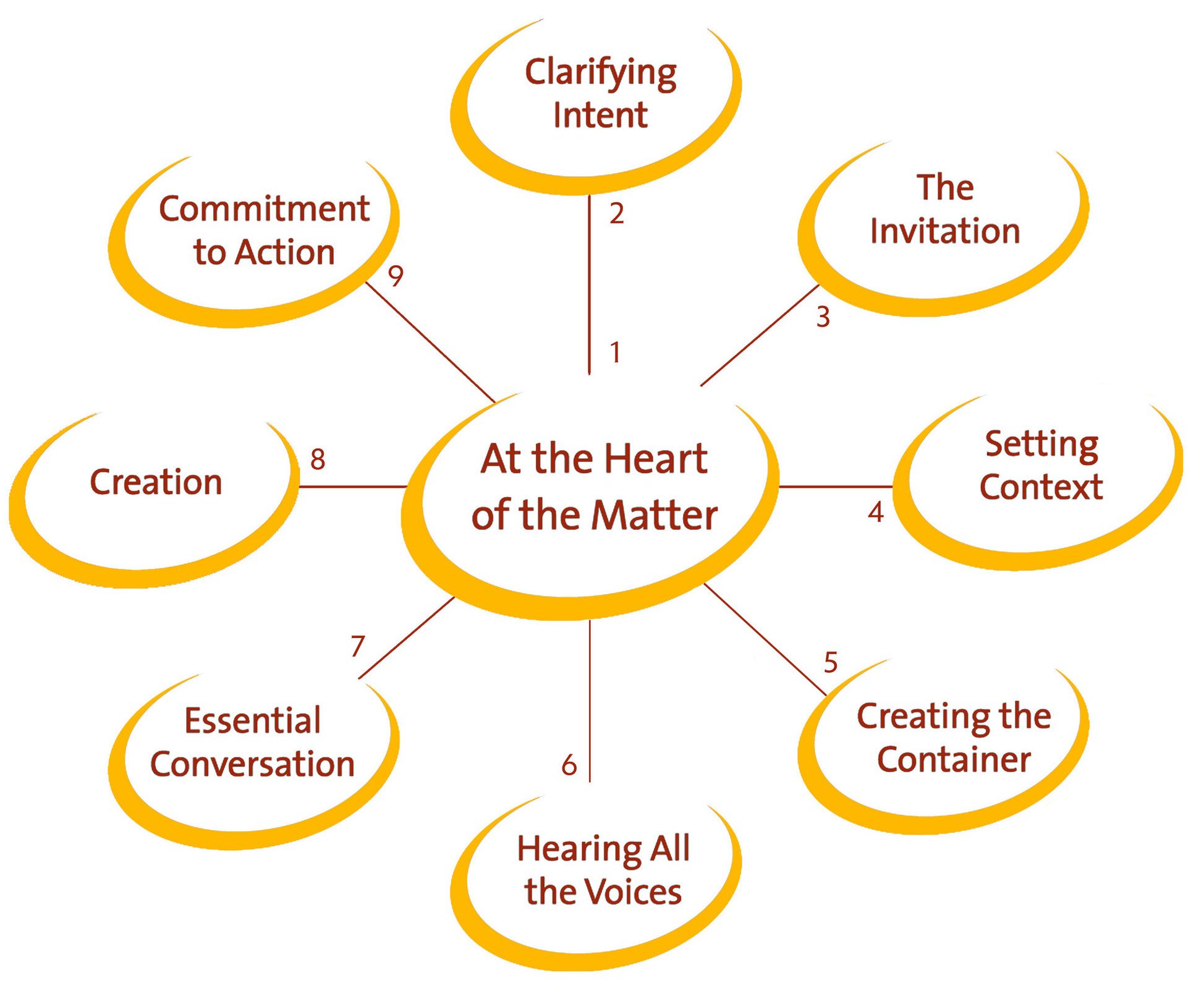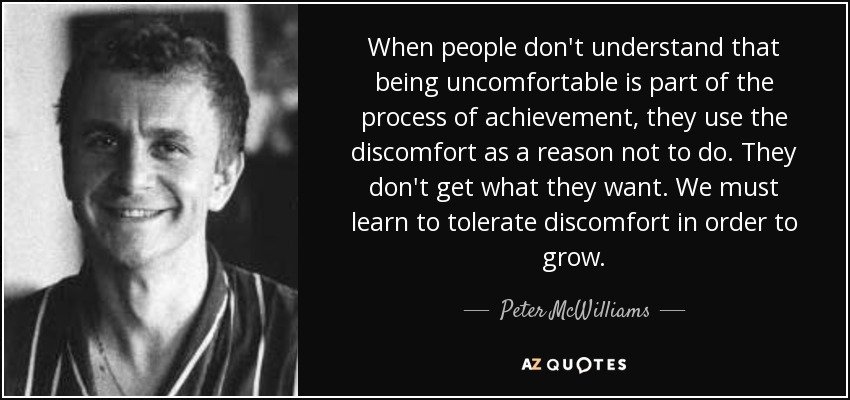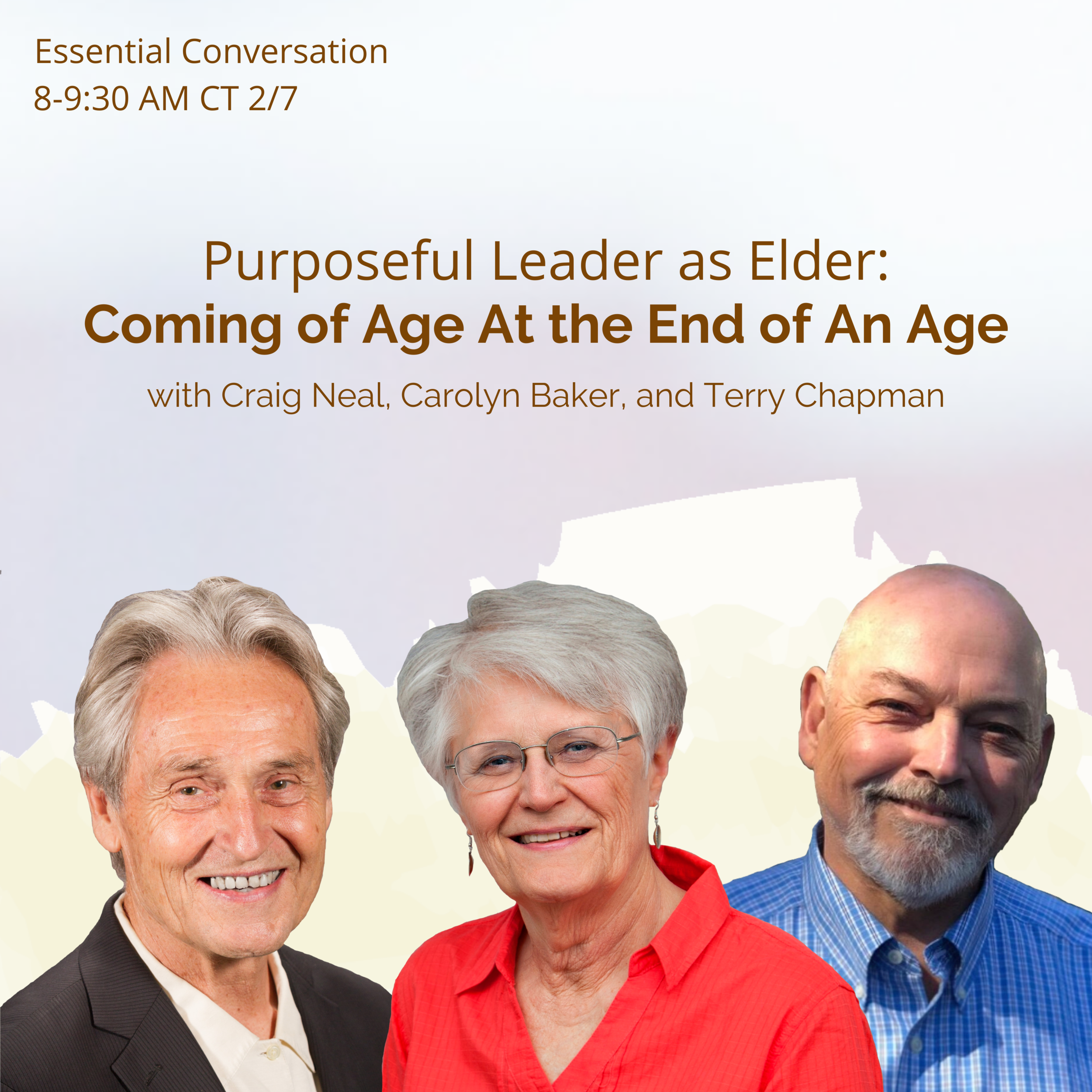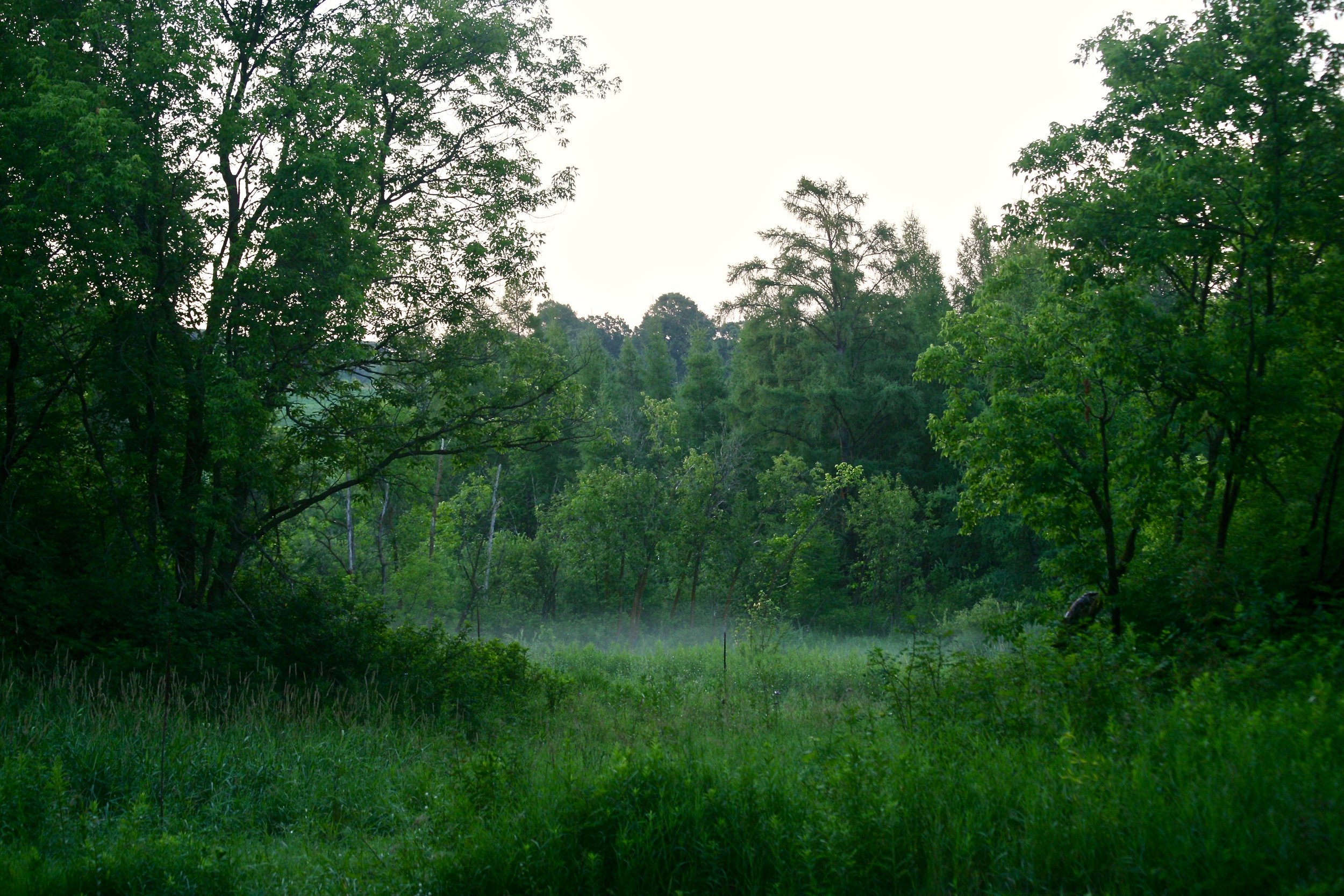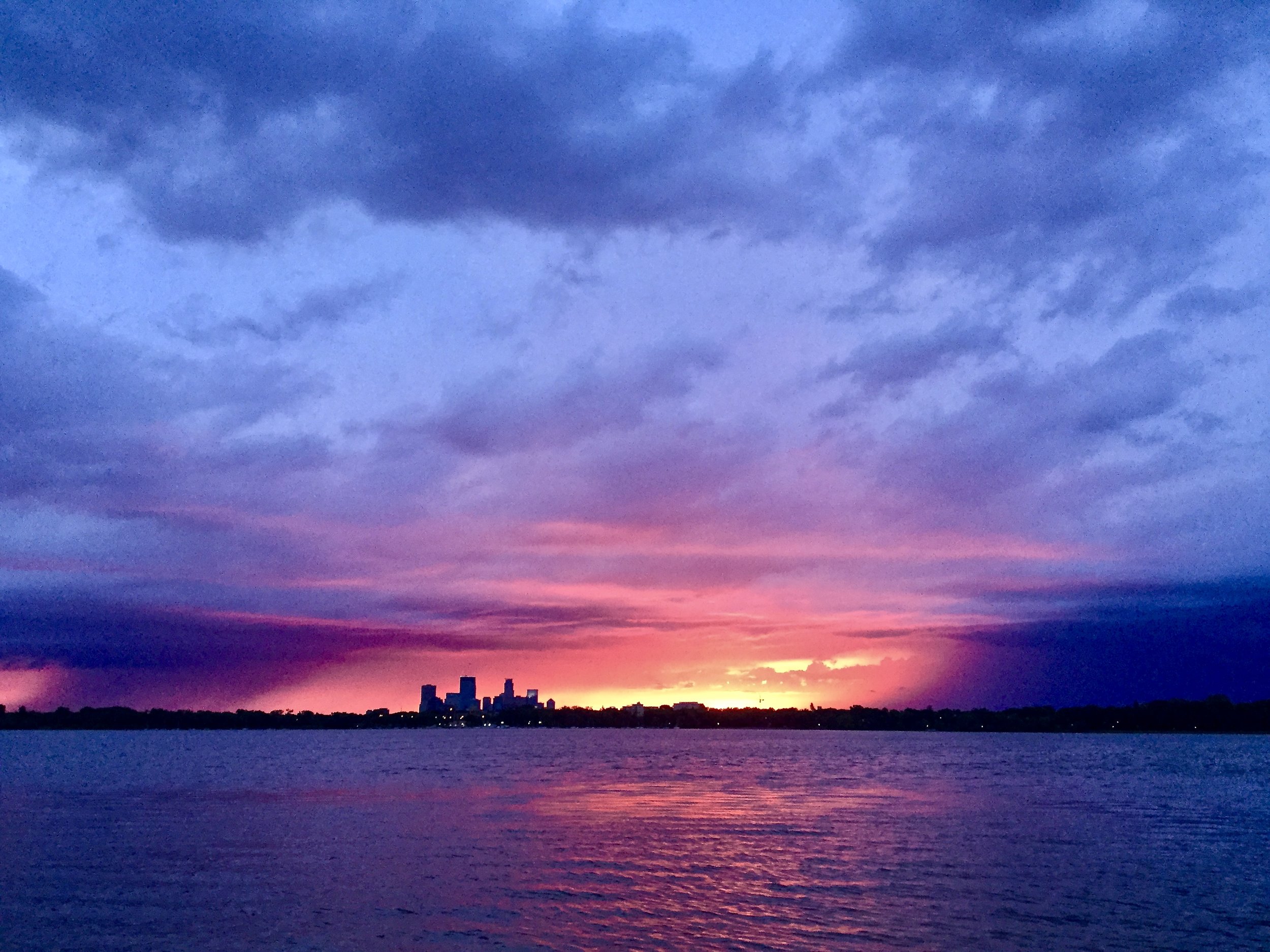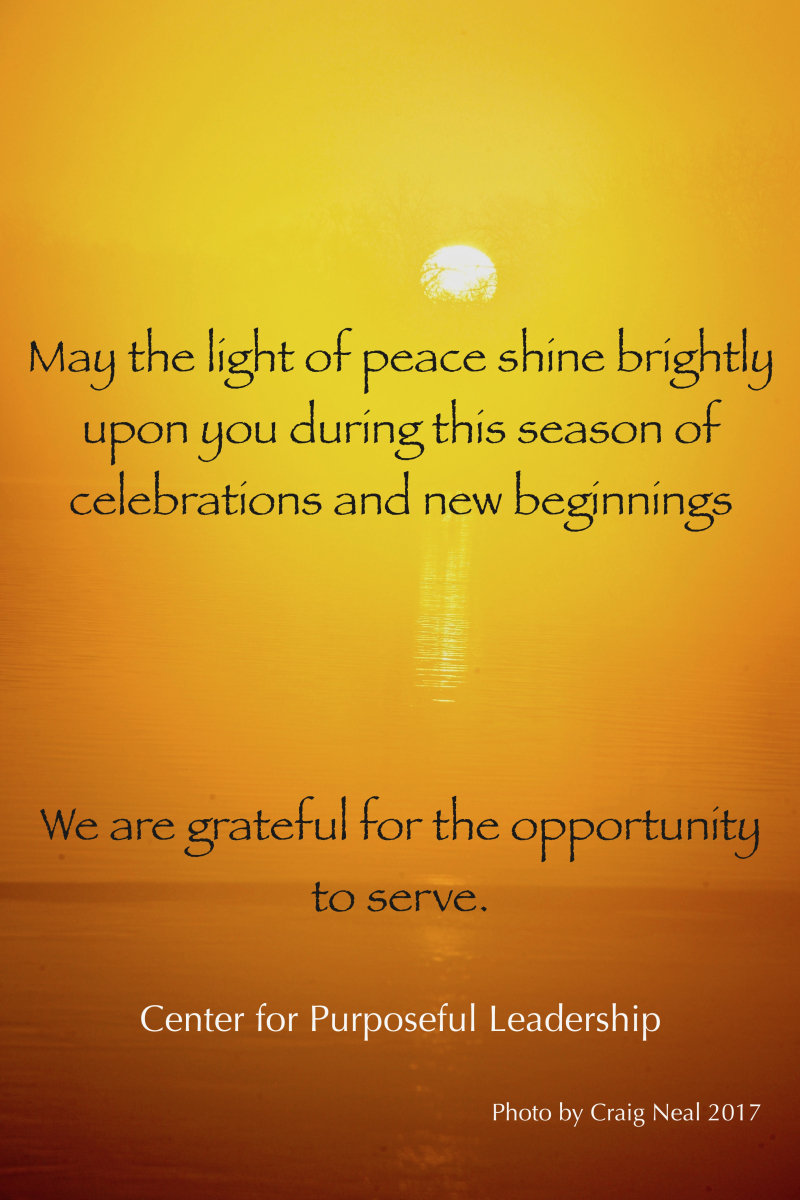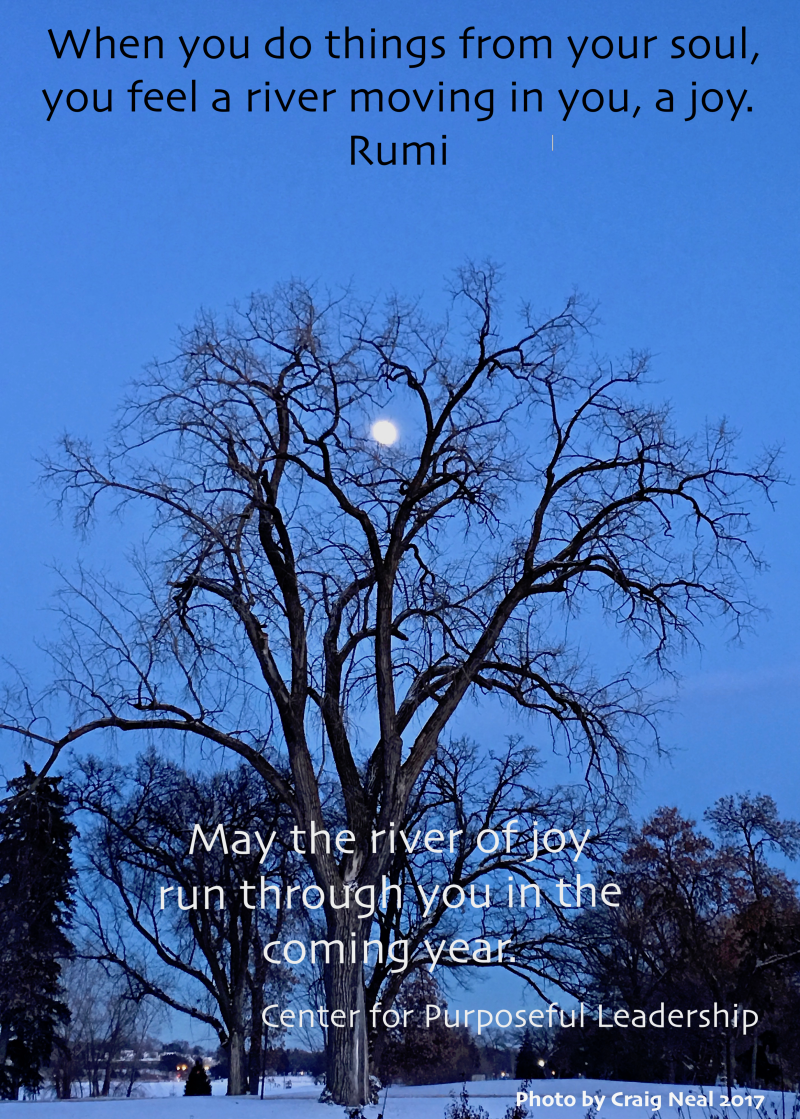Life Lessons of Leadership
/ Patricia Neal
photo credit: craig neal
What would the world be like if everyone was interested in the other person’s success? asks Cathy Barr, CEO of Bethesda Hospital, part of the "Best Places to Work" award-winning HealthEast Care System.
In a slight departure from a "regular" TLG, Friday's Thought Leader Gathering brought a picture of leadership stemming from a core values of our three Conversation Starters, with Craig "interviewing" Cathy Barr, Pam Hull, and Betsy Stites.
What if...??? and WHY NOT?? What if we faced life's challenges with allies or colleagues who demand our best, and help us get there. Cathy created a team of trusted allies - Betsy as an Executive Coach and Pam as strategic partner - to explore the big questions of integrative leadership.
When asked, "What are the characteristics of leadership that you hold true?" Cathy remarked, "I espouse partnership and collaboration, listening, relationships. At Bethesda, it is 'Management by Walking' around and I know it is the little things that matter."
Betsy remarked: "Employees know you are there to make things the best they can be. One of my gifts is courage and standing up to be counted."
When asked, "What do you want to be known for? Your legacy? Your epitaph?" Pam responded: "I might say... She always left a trail of unconditional love and joy wherever she was. It was just in the way she approached things and how she moved things along...nothing stayed still too long when she was around. Her eye was always on the end user...the patient in the bed...she made a difference for those people. Her heart was soft and open and she continuously learned and grew as a person."
We were honored to convene with three remarkable women

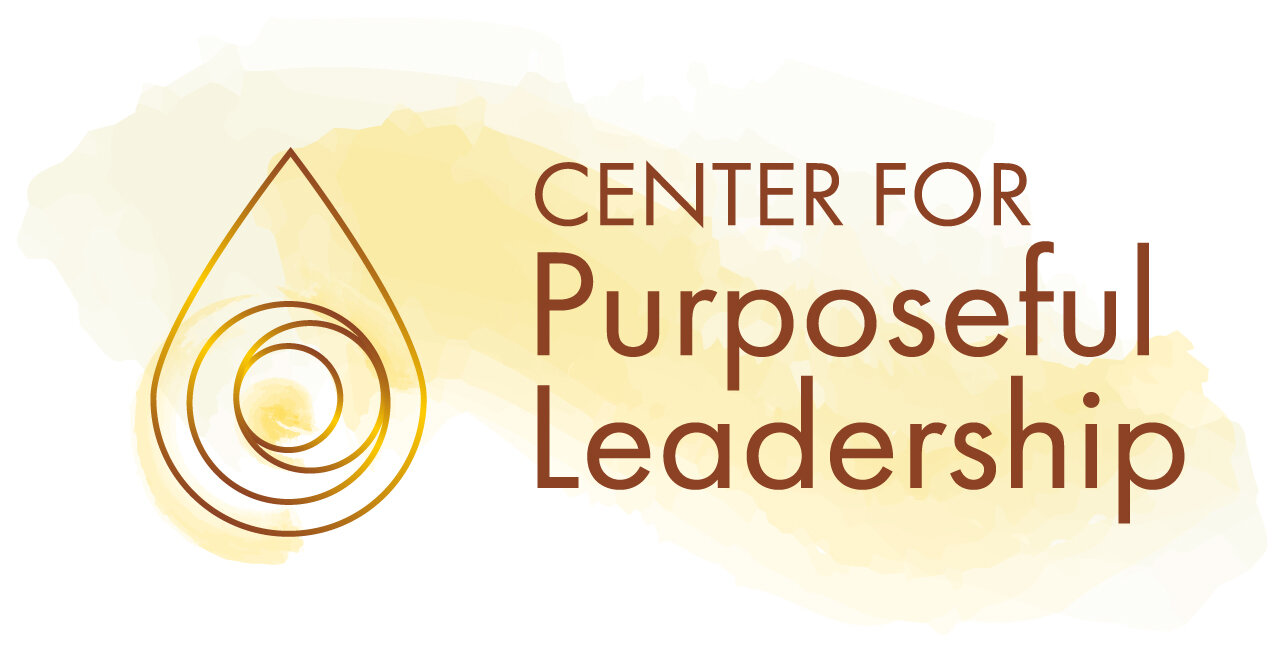
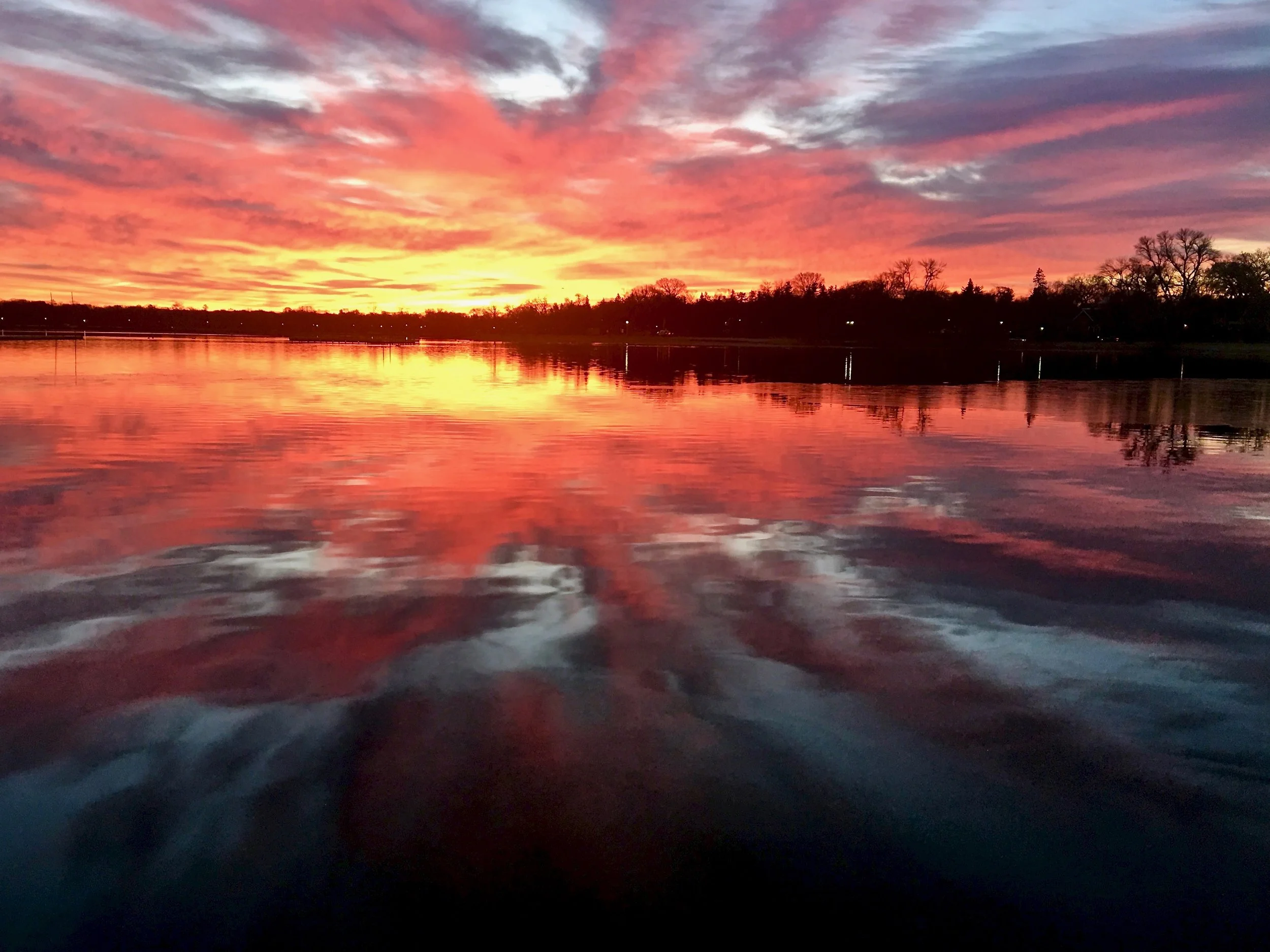
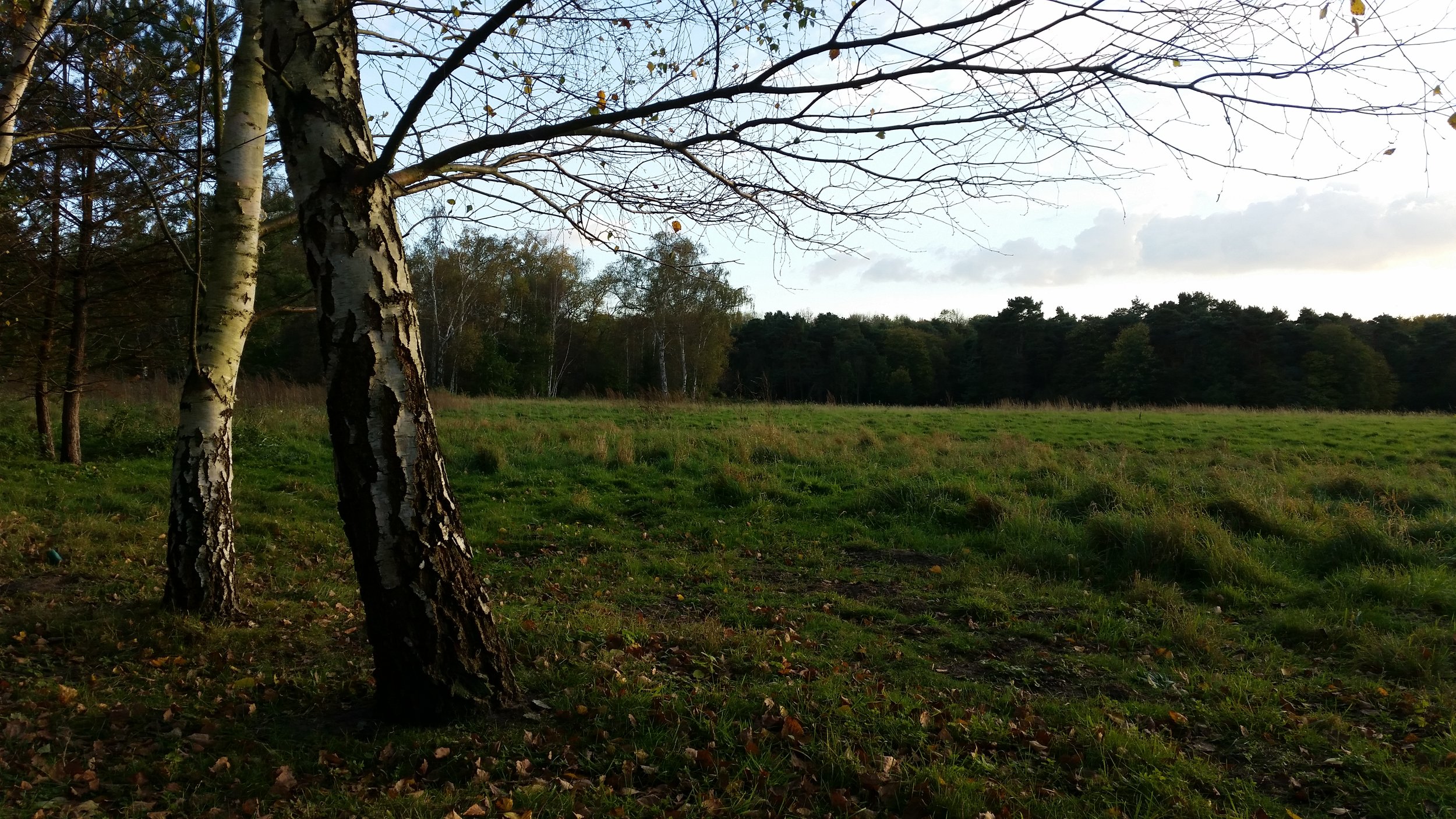













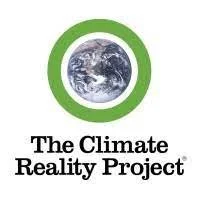







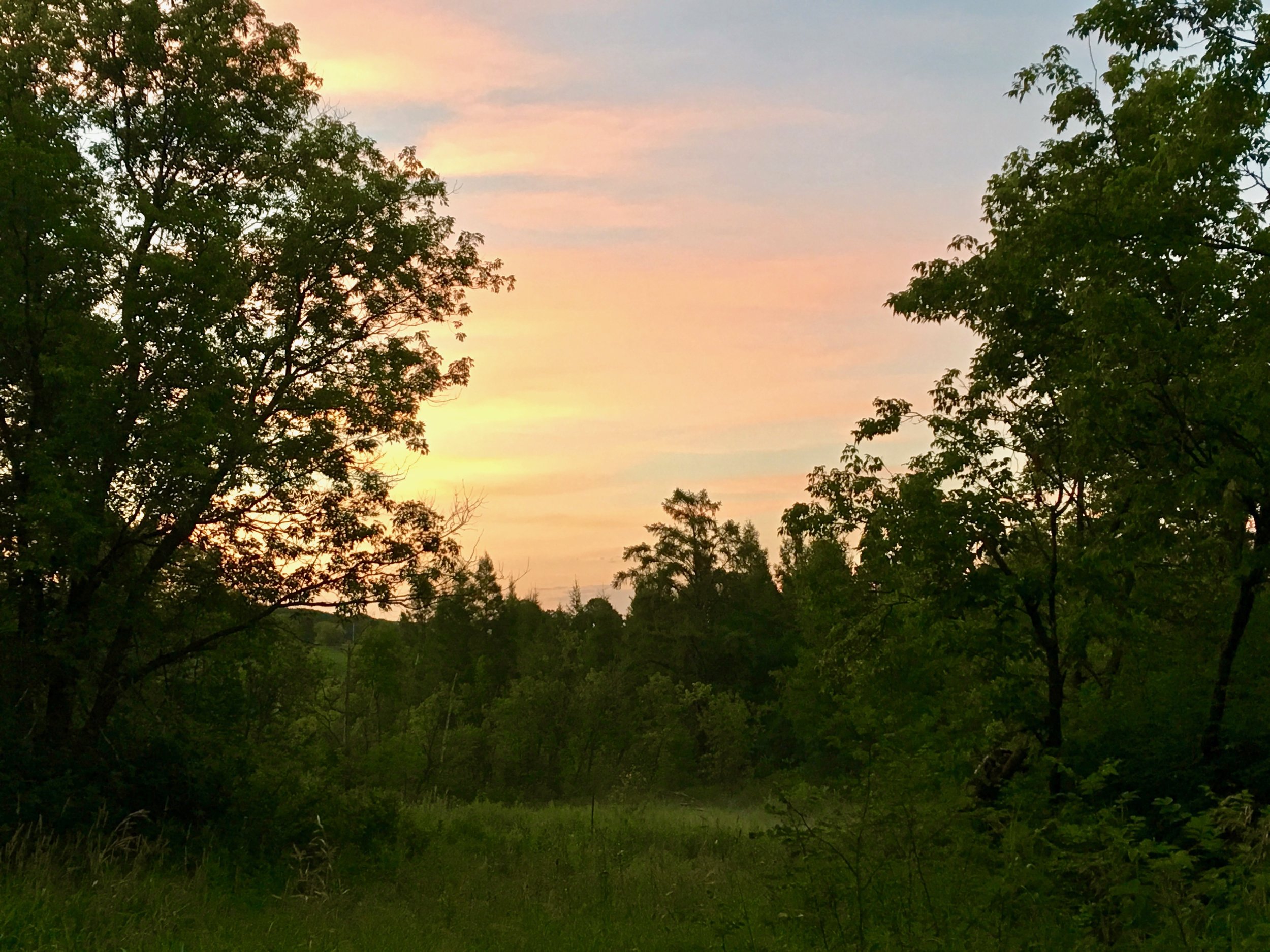







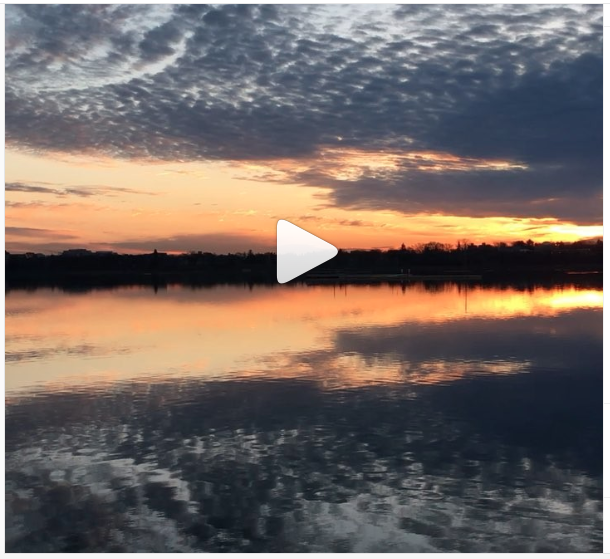








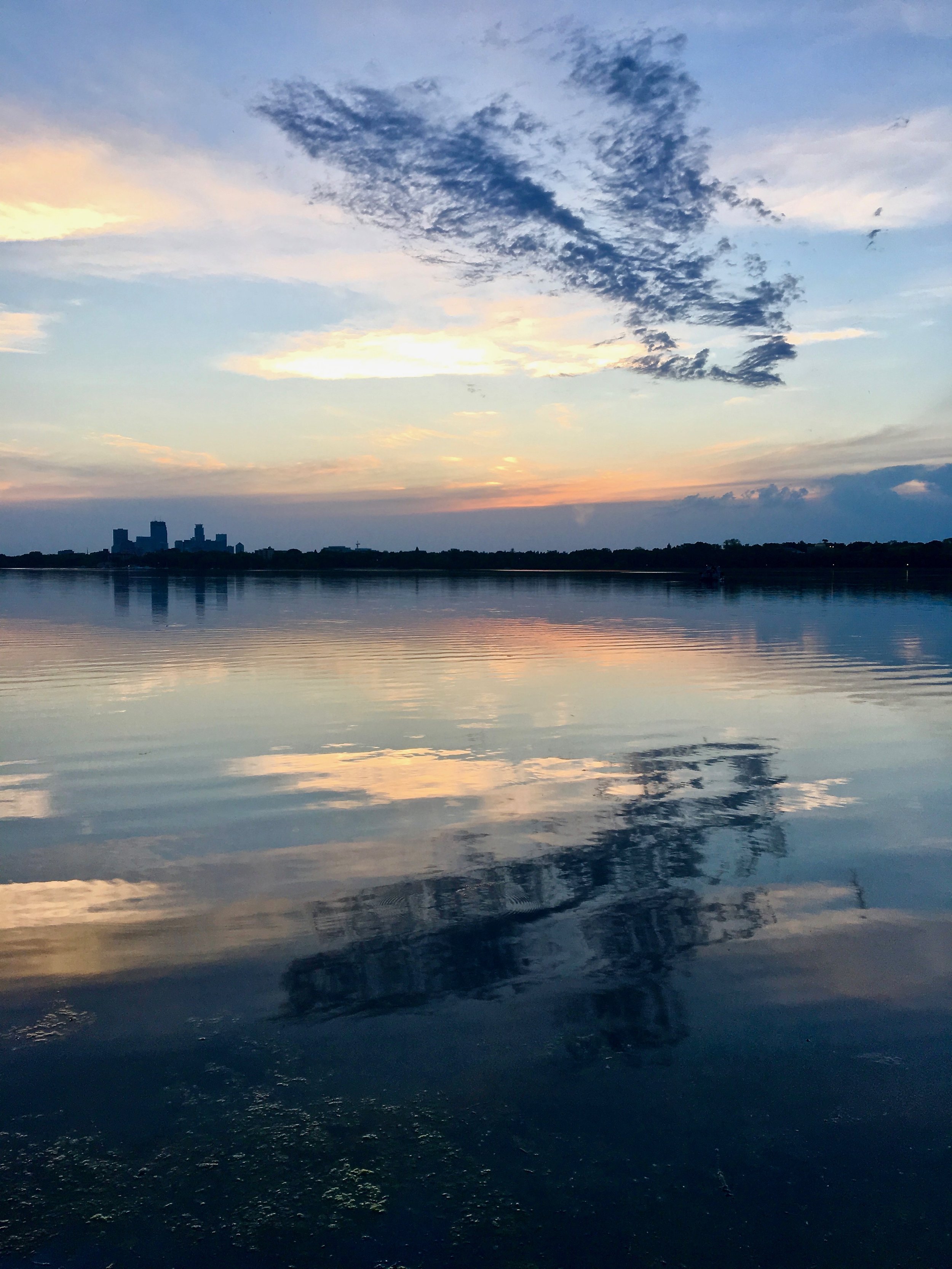




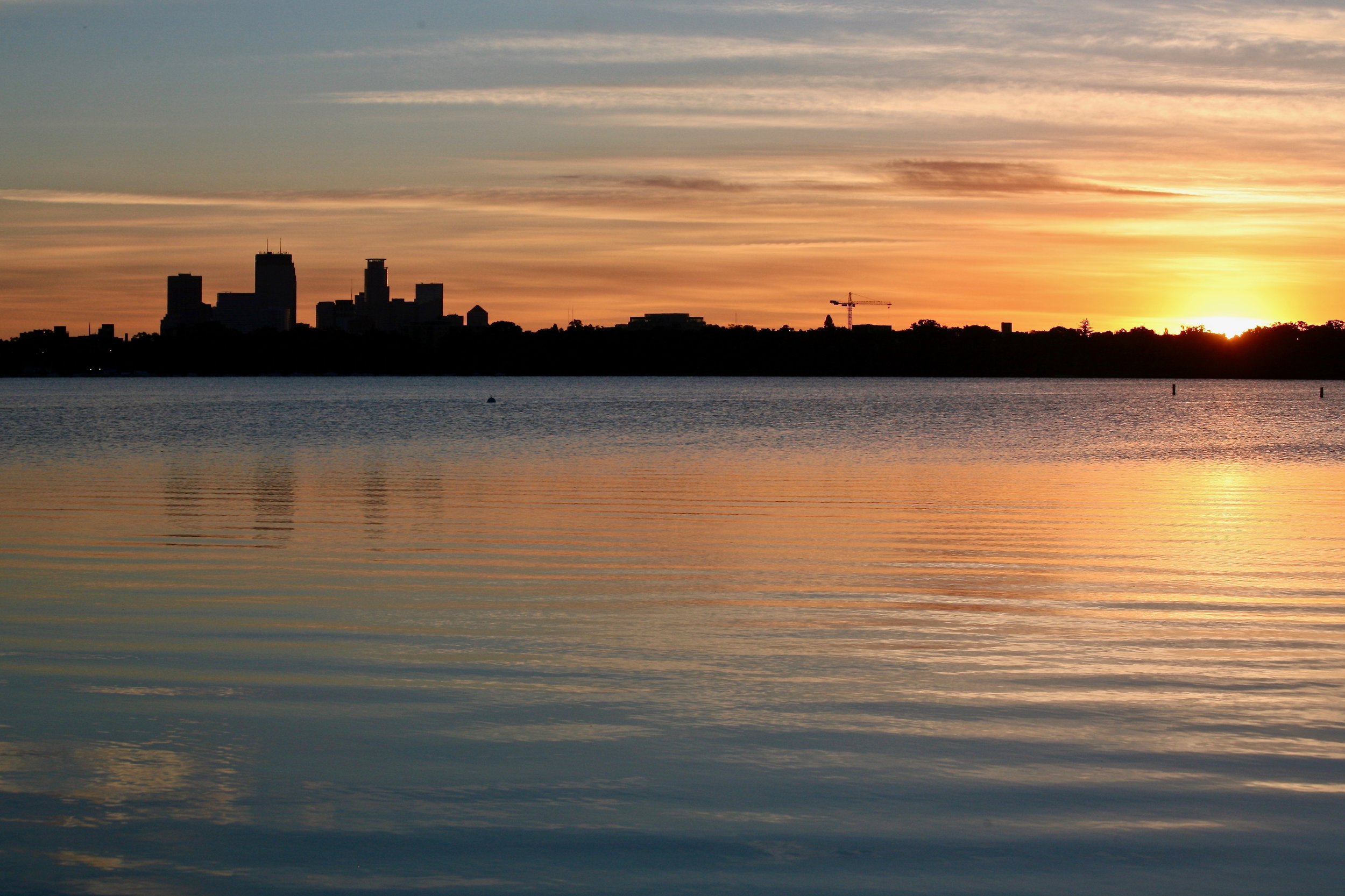

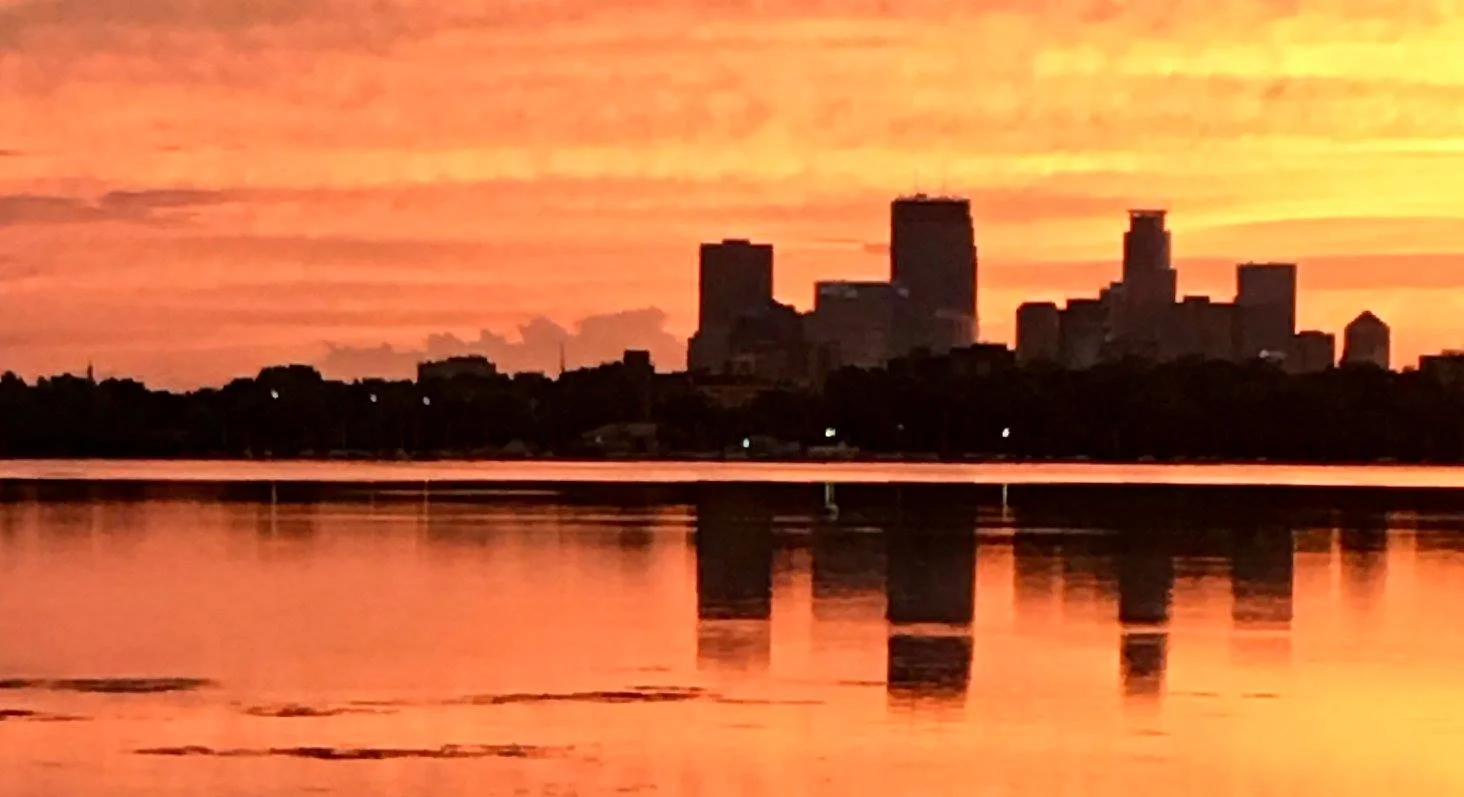





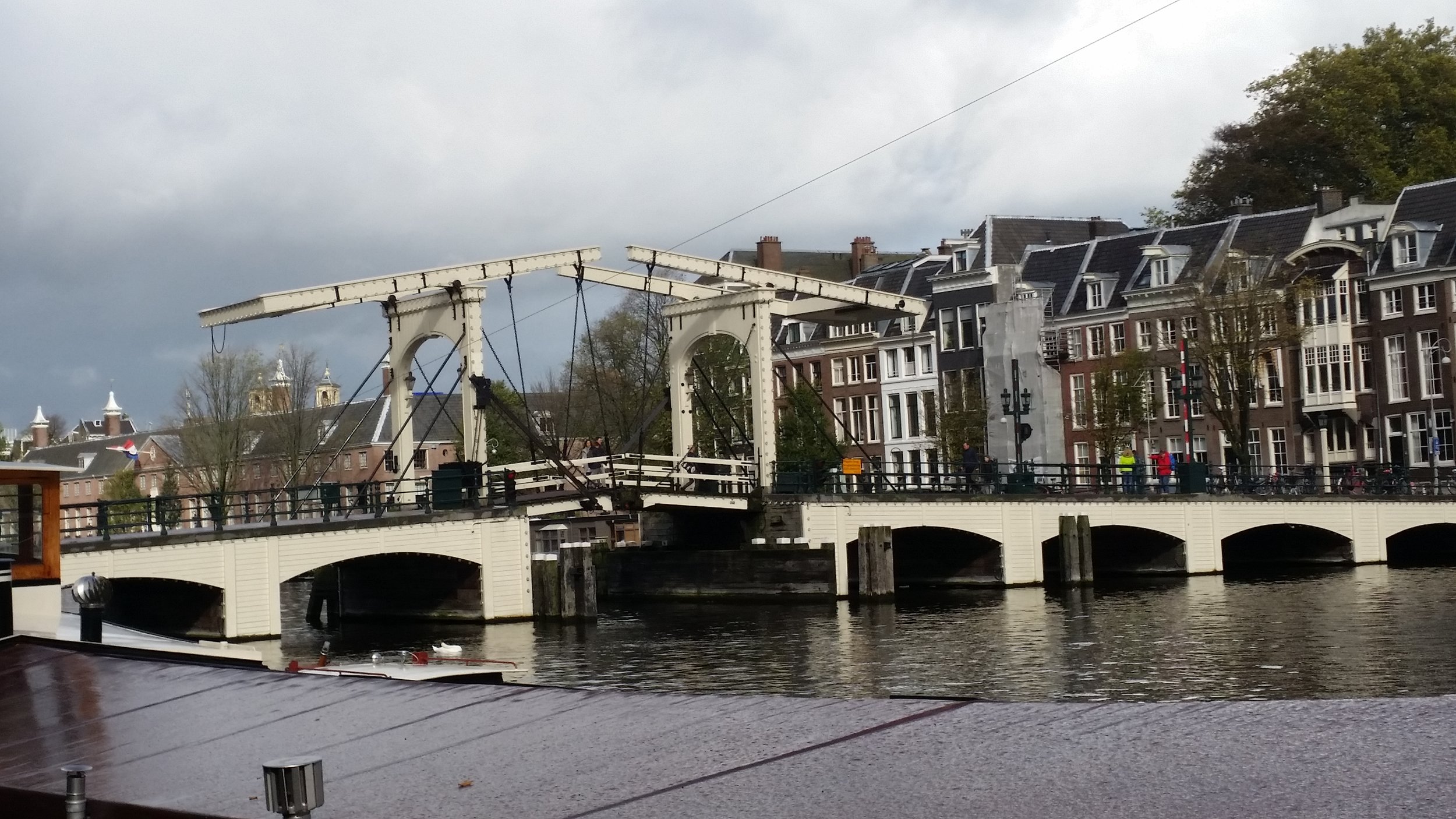





![[Hearth] Voices from Ukraine: Part 2](https://images.squarespace-cdn.com/content/v1/58a4e3be9de4bb98b066fd6f/1647955546471-VUGA4FCGFEUYJ29TEQVA/sunforest-mix-sunflower-types-1586794598.jpeg)

